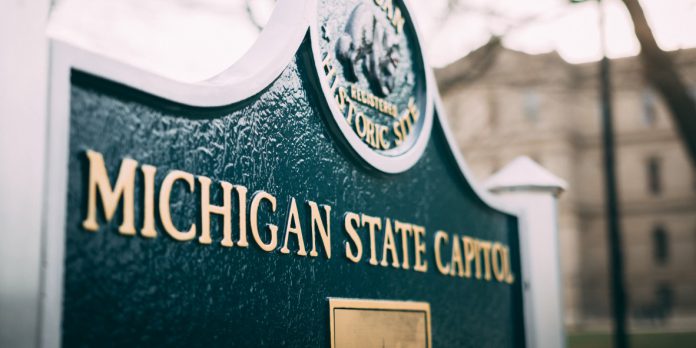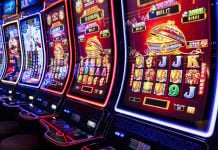The Michigan Gaming Control Board (MGCB) has authorized nine operators in the state to begin online sports betting or both online gaming and sports betting effective from noon on Friday, January 22.
The operators authorized to begin online offerings 22 January have been named as Bay Mills Indian Community/DraftKings (internet casino games and internet sports betting); Grand Traverse Band of Ottawa and Chippewa Indians/William Hill (internet casino games and internet sports betting); and Greektown Casino Hotel/Penn Sports Interactive Barstool Sportsbook (internet sports betting).
They also include Hannahville Indian Community/TwinSpires (internet casino games and internet sports betting); Keweenaw Bay Indian Community/Golden Nugget Online Gaming (internet casino games and internet sports betting); Little River Band of Ottawa Indians/Rush Street (internet casino games and internet sports betting); MGM Grand Detroit Casino/BetMGM Roar Digital (internet casino games and internet sports betting); MotorCity Casino/FanDuel (internet casino games and internet sports betting); and Sault Ste Marie Tribe of Chippewa Indians/Wynn (internet casino games and internet sports betting).
Richard S Kalm, MGCB executive director, explained: “The Michigan Gaming Control Board and the state’s commercial and tribal casinos will begin a new era January 22 with the launch of regulated online gaming and sports betting.
“Michigan residents love sports and, judging by inquiries we’ve received, eagerly anticipate using mobile devices to place bets through the commercial and tribal casinos. Online gaming and sports betting will provide the casinos with new ways to engage with customers while the state and local communities will benefit from taxes and payments on wagering revenue.”
Operators will be able to use the additional time between now and Friday for testing and adjustments before the gaming goes live, Kalm said.
The MGCB expects to authorize further numbers of operators and platform providers in the coming days and weeks as agency staff review other submissions to ensure they meet the state’s regulatory requirements. Controls to ensure safety and fairness for bettors have been key concerns for the MGCB.
“We want the public to have confidence when they place wagers, and our agency has required the providers to prove they meet Michigan’s standards, which are designed to protect the participants,” Kalm said.
The tax and payment rate for online sports betting is 8.4%, while tax and payment rate for internet gaming ranges from about 20-28%. The Detroit casinos also may be required to pay a municipal services fee and a development agreement payment to the city of Detroit.
In terms of where that tax revenue will be headed, for the Detroit casinos online sports betting and internet gaming taxes are allocated 30% to the city of Detroit; 5% to the Michigan Agriculture Equine Industry Development Fund (up to $3 million per year from each tax source); and 65% to the state Internet Sports Betting Fund or the state Internet Gaming Fund.
For internet gaming, a hold-harmless provision seeks to help the city recoup lost gaming tax revenue if the city of Detroit collects less than $183m in a fiscal year.
Tribal casinos will see tax on online sports betting allocated to the Internet Sports Betting Fund (90%) and the Michigan Strategic Fund (10%). Internet gaming tax will be split 20% to local jurisdiction governing body for services, 70% to the state Internet Gaming Fund and 10% to the Michigan Strategic Fund.
Other money collected under these acts will be used for appropriated funding for MGCB; the Compulsive Gaming Prevention Fund ($500,000 annually after board expenditures); the First Responder Presumed Coverage Fund ($2m after board expenditures and compulsive gambling fund); and The State School Aid Fund (all money remaining after the above expenditures).














